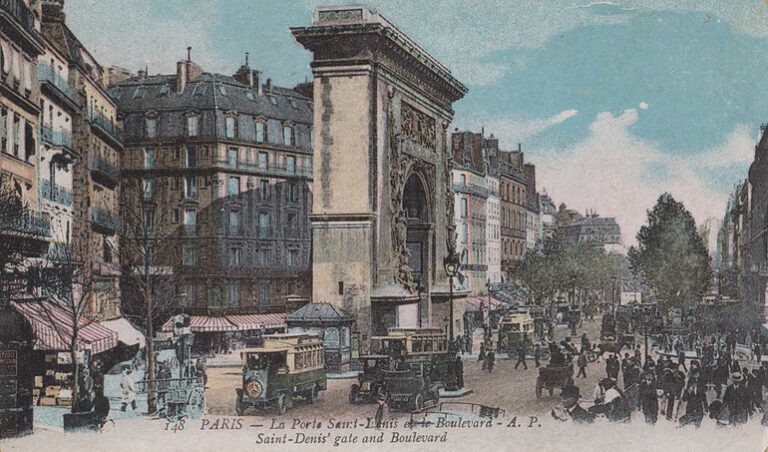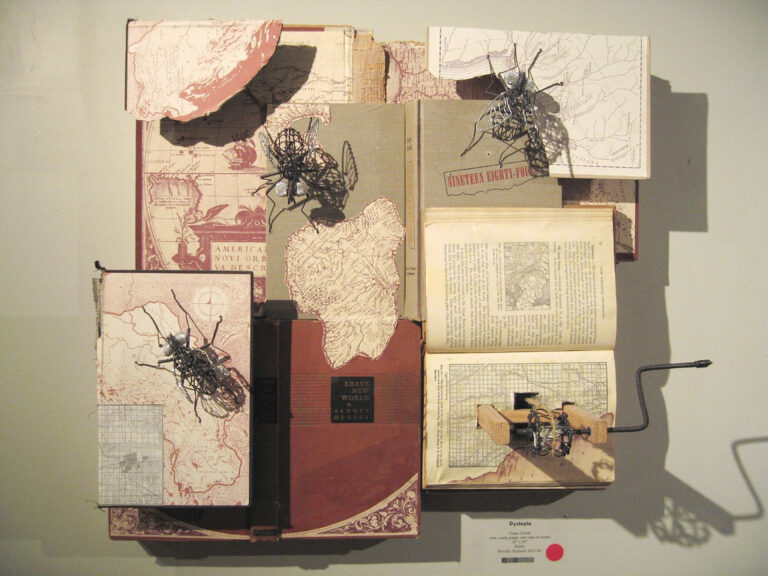The Best Short Story I Read in a Lit Mag This Week: “The Storm” by Maria Kuznetsova

Despite humanity’s ever-expanding realms of knowledge and increasing mastery over planet earth and its inhabitants, there is still so much beyond our grasp, so much of which we’re ignorant. In “The Storm” (Ninth Letter) by Maria Kuznetsova, a young narrator Sashie must reckon with a world that is becoming more and more difficult to control, much less understand.
The initial crux of the story is whether or not the school-age narrator Sashie and her friend Lacy will have to miss yet another school day, due as much to consistent winter snow storms as the inability of the superintendent (Mr. Hood, Lacy’s father) to accurately administer school closures. These missed days will take away from Sashie’s summer break, which to them is akin to “the end of the world”—a subtle hint from Kuznetsova that the narrator’s conception of what constitutes “the world” will broaden throughout the events of the story.
“Have pity on that poor man,” Mama would say, whenever I complained about Mr. Hood’s latest failure. “This year has not been good to him.”
“If I have to go to school until August, it won’t be good to me either.”
“Shame on you, selfish girl.”
What has made this a difficult year for Mr. Hood, Kuznetsova reveals, is that his wife—Lacy’s mother—suddenly left the family in order to pursue being a folk singer, something “she never got a fair shot at being.” In addition, after a series of botched snow days, Mr. Hood’s job as superintendent is on the line for his inability to accurately predict the level of accumulation. Embedded in these two difficulties is the complicated, highly subjective, and often absurd notions of fairness in our modern world. What constitutes a fair shot at a music career, and to whom? Is it fair to blame a school superintendent for his inability to predict the epitome of unpredictability: weather?
But instead of siding with one individual or small group’s definition of fair, Kuznetsova first brings us a few steps back in order to look at the larger systems for illumination. We find that Sashie and her parents emigrated recently from Ukraine, and though the move brought with it more opportunities, it also brought something else.
I thought of how, when I was really little and we still lived in Kiev, I would walk between my parents and hold their hands. When they stopped walking, I would flip backward, still holding tight. Mama would protest, but then I would flip forward again. That’s how things were for a long time. But now, in America, the land of plenty, I wasn’t enough for them.
While from very different backgrounds, both Sashie and Lacy (whose mother left) are both experiencing an unfortunate connection between abundant individual opportunity and family connectedness. The comparatively numerous possibilities for individual fulfillment that the American system provides can create a notion of fairness that allows individuals to feel more justified in putting personal fulfillment over their families. What’s fair to me is fair, regardless of whether that’s fair to you. And Kuznetsova shows that Sashie’s not outside of the system, either…she shares the same frustration (“selfish” according to her mother) that Mr. Hood is causing her to miss more of her summertime.
But Mr. Hood didn’t cause the weather any more than the American system caused Lacy’s mother to leave; to say so would be on one point an oversimplication and on the other, absurd. The subtext—and the title—give us a clue to the larger scope of this story: the larger, mysterious element represented by these storms. No matter what notions of fairness you slap on a storm, it’s going to do what it does when it does it, regardless of whether we believe that we can in some way control it. So it only makes sense that Kuznetsova ends the story by taking us yet another step back, this time with Mr. Hood and Sashie standing outside, wondering how to predict the unpredictable, with so much at stake, whether it’s fair or not.
A song came on the radio…At first, I was sure I was hearing Lacy’s mom’s voice—it was so light and sweet and comforting that I was almost ready for slumber. The look in Mr. Hood’s eyes told me that he suspected the same thing, that however improbable it was, his wife was serenading him as the snow fell outside, keeping him from doing his job. I already forgot what he had asked me, so we just stood there waiting to hear how the song would end.
I think that’s such a lovely way to capture young Sashie’s view of the world. She perceives that there is a song, even if she doesn’t know how it will go, even if no one has the sheet music. All she can do is just listen and wait.


